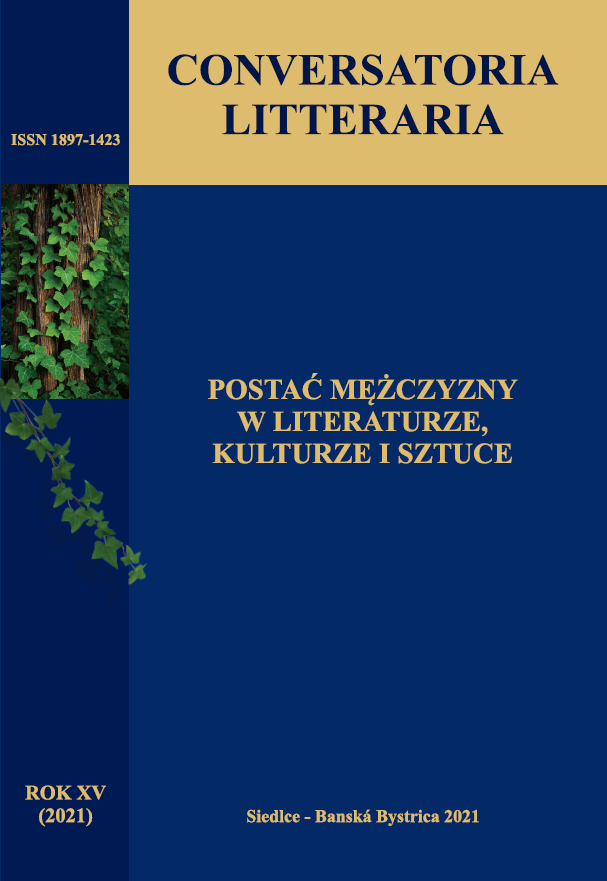На фоне Центральной Европы: Преимущественно вежливый Леопольд в сети мужских персонажей романов Михала Вивега
DOI:
https://doi.org/10.34739/clit.2021.15.19Słowa kluczowe:
new human, the hero's aging, homo Europae centralis, quasipostmodernism, ambivalence, vaguenessAbstrakt
The author of the present study investigates the character of Leopold in the new novel by Michal Viewegh in the net of the characters of his preceding novels. In this novel, the writer does not discuss politics, the problem of men and women, husbands and wives, and the sexual promiscuity, but, above all, unstoppable aging and permanent support of the gradually waning sexuality. Leopold is a metaphor of anatomy and physiology of a Central European man who, in his own manner, has always aimed at searching new ways, at the beginning of new epochs, at the anticipation of new ideas and at the formation of new humans under the changed conditions. Viewegh – already in his quasipostmodernist poetics, and due to his extreme opinions and language and style inventions – belongs, covertly or openly, to the mighty stream of unclear, vague, ambivalent Central European literature.




